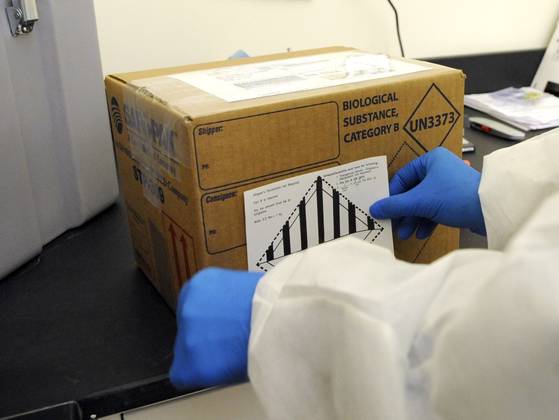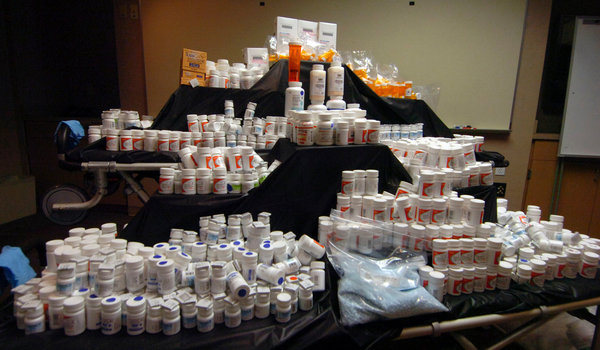By Brian Grant MD
Actions that infringe on individual freedoms should be done cautiously and after careful consideration. Most laws and regulations infringe. Kids are forced to go to school, drivers are forced to obey speed limits, and we are not allowed to assault others. In the realm of health, we regulate drugs, force the use of seat-belts, regulate alcohol and tobacco and so on.
The New York Times article “In Fight Against Obesity, Drink Sizes Matter,” makes a compelling case for regulating the sale and sizes of sugared drinks. If we don’t, we may one day be seen in the same light as we now view the era of unregulated tobacco, unfortunate and overdue for change. The article describes the relative ineffectiveness of warnings and education on the dangers of tobacco, with ultimate behavioral change flowing from regulation, taxation, and bans.
But history has clearly shown that teaching people what is good for them is not enough. It must be accompanied by restrictions that curb unhealthy habits and environmental changes that foster healthier ones.
Cigarette smoking is a classic example. Myriad well-publicized reports documenting its hazards — even warnings on cigarette packs — did relatively little to get people to quit smoking and keep others from taking it up. It was not until smoking was banned in workplaces, restaurants, public buildings and transportation that smokers became social pariahs and millions gave it up.
Given the striking evidence that the current U.S. levels of consumption of sugary drinks is seriously contributing to type 2 diabetes and obesity, and the availability of benign options including water and artificially sweetened drinks, it would seem apparent that regulation and limits on these drinks is inevitable and appropriate.
Read More…



